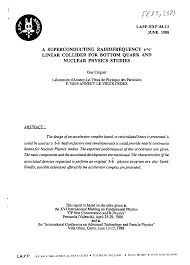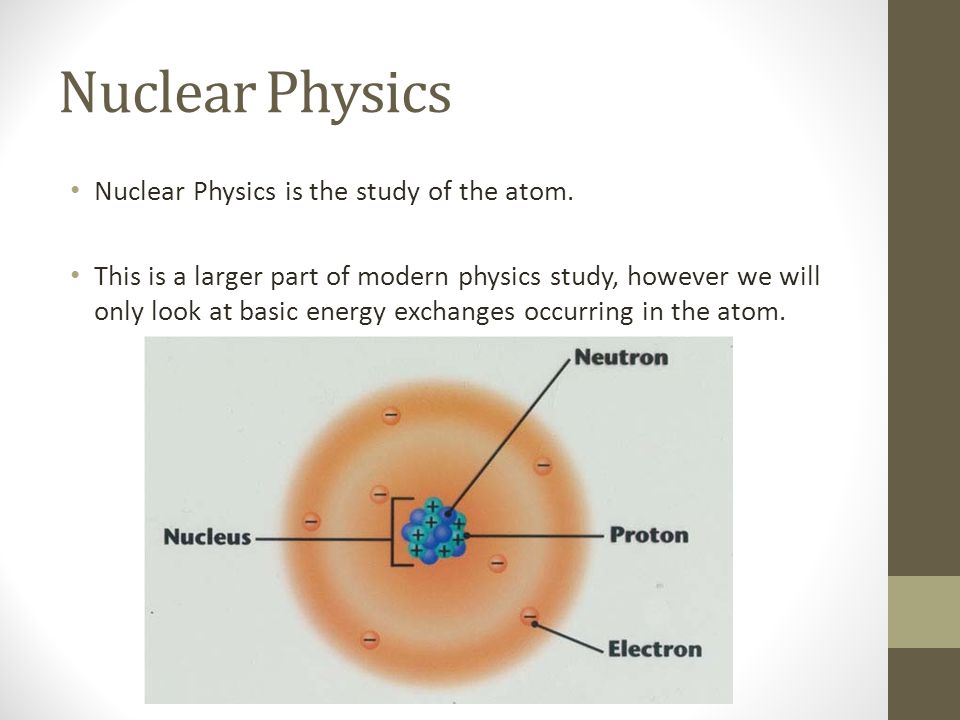A Career As a Nuclear Physicist

A career as a nuclear physicist requires a doctorate or master’s degree in physics. To get a job in this field, you should utilize your employment network to find an employer. Contact former colleagues and professors with connections to the industry. Build a resume that showcases your credentials. You can choose to work in government agencies or medical research, among other possible jobs. If you’re interested in this career path, check out our career overview.
compass experiment
The COMPASS experiment is a massive experiment to study the structure of particles and the spectrum of their energy levels. It looks for exotic particles, such as the gluon. More than two hundred nuclear physicists are involved in the experiment, including many from universities around the world. Scientists will use the results of COMPASS to better understand the world inside the proton. The COMPASS experiment will be followed by a successor, called AMBER, after it runs out in 2021-2022.
sPHENIX detector
The sPHENIX detector is a new generation of jet and heavy flavor physics detector being built at Brookhaven National Laboratory and the Relativistic Heavy Ion Collider. The detector will be able to collect snapshots of collisions of 15,000 particles per second. The scientists behind the detector hope to discover more about the formation of hadrons, a type of particle in the atomic nuclei.
N-N pairs
A nuclear physicist studies the interaction between the elements N and O to gain insights into the nature of the atomic nucleus. A nuclear physicist studies N-N pairs to develop new technologies, or assays, that can be used to detect N-Positions. They also use the latest X-ray technology to detect the presence of neutrons.
gamma rays
A gamma ray is a form of high-energy radiation emitted from atomic nuclei. In addition to being harmful to the body, these particles also have uses outside of national security. Among these uses are cancer screening devices and surgical procedures. A nuclear physicist studies gamma rays to develop better technologies to detect and treat cancer.
Neutron stars
A nuclear physicist studies neutron stars to gain insight into the nature of matter and energy in dense areas. Recent theoretical and observational developments have put powerful constraints on neutron star matter and structure. GW170817, for example, emitted gravitational waves along with electromagnetic radiation, an effect believed to result from the radioactive decay of newly formed heavy r-process nuclei. Also, recent observations of pulsars have established a lower limit on neutron star mass.



Leave a Reply